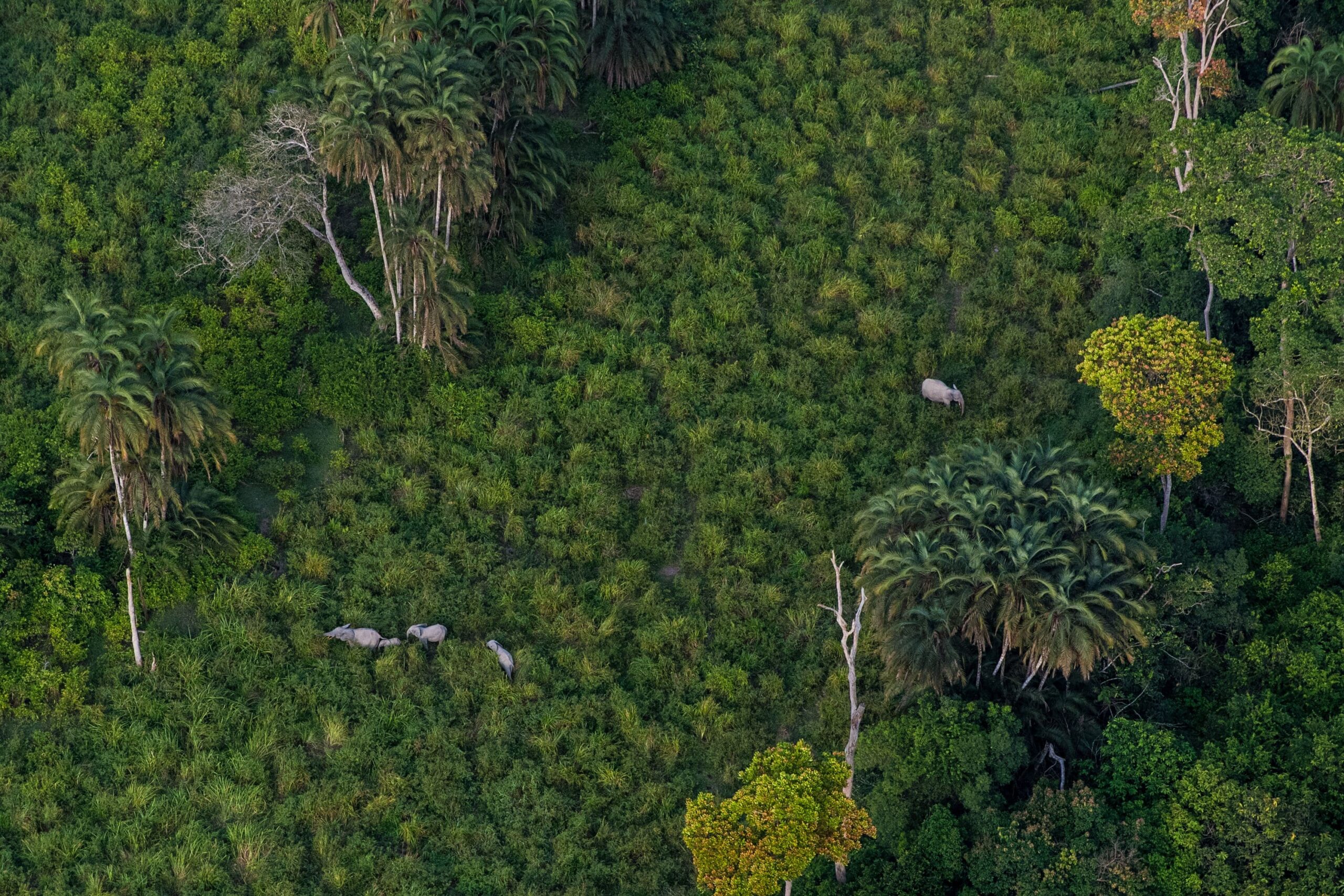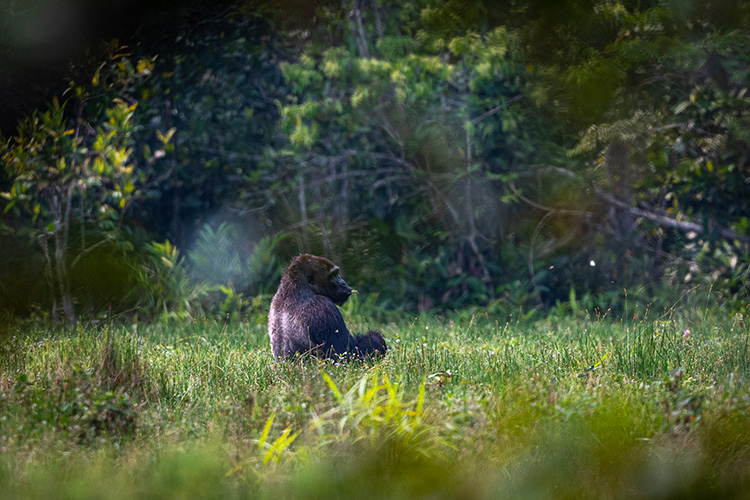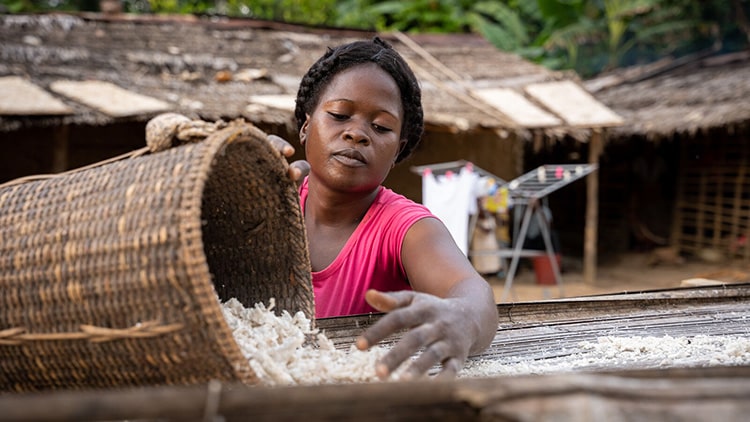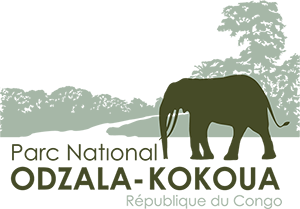
About Odzala-Kokoua National Park
photo credit Irene Galera
Introduction
The Congo Basin sustains more than 75 million people and spans more than two million square kilometres across six countries. Accounting for 18% of the world’s remaining rainforest, its existence is crucial for the health of the planet.
Since 2010, in partnership with the Government of the Republic of Congo and its communities, African Parks has been proudly managing the Odzala-Kokoua National Park, which is a large portion of this critical landscape. One of the oldest protected areas in Africa, the park was originally set up in 1935 as Odzala National Park. In 2001, the park grew to include its northern boundary which includes the Kokoua River. Today, it spans over 13 500 square kilometres alongside the Gabonese border, and was named a UNESCO World Heritage Site in 2023 for its ecological value.
Biodiversity Conservation
After ten years of successful partnership and recognising Odzala-Kokoua’s ecological and socio-political value, the government reaffirmed African Parks’ management agreement in 2020, strengthening the partnership and incorporating the Lossi Gorilla Sanctuary. Lossi, a 350 km2 area situated to the south-west of Odzala-Kokoua, contributes to important wildlife corridors within the region.

photo credit Jonas Abana
Odzala has become a conservation stronghold for its abundant and diverse wildlife. Successes were revealed in the 2022 triennial park survey which showcased thriving populations of key wildlife species like forest elephant and western lowland gorillas.
Community Development
Primary to the success of the park and integral in its protection are the people. With 96% of Odzala-Kokoua’s permanent staff being Congolese nationals, and over 60% hailing from communities near the park, the emphasis on local involvement is evident. Additionally, since 2020, six successful community-based enterprise projects, focused on cacao, black pepper, groundnuts, honey, vegetable gardening, and wild mango, have been established and continue to expand annually.

Park Management and Infrastructure
Camp Imbalanga plays a pivotal role in promoting ecotourism at a national level, thereby increasing sustainable revenue sources and alternative livelihood opportunities for local communities. Furthermore, education, healthcare, and infrastructure development initiatives are benefitting over 12,450 individuals in and around Odzala.

